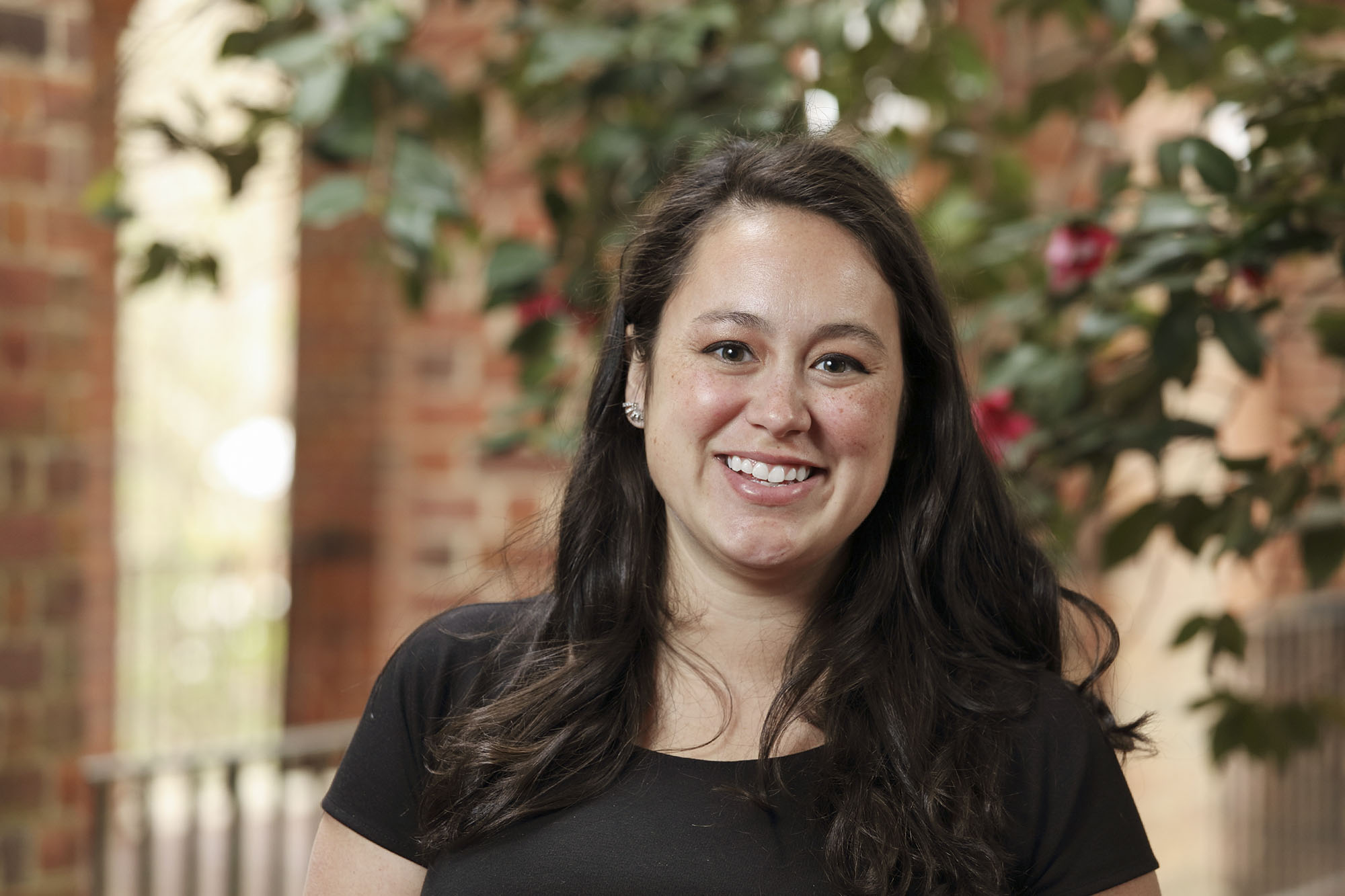Five years ago, the Virginia Department of Transportation finished rebuilding the U.S. 29-Rio Road intersection in Charlottesville, separating local and through traffic to relieve congestion and lower the crash rate at one of the corridor’s biggest choke points.
The development stage of such a project – the phase before a construction contractor can even be hired – requires a team of consultants, government officials and VDOT engineers and planners executing essential tasks. The problem is, they tend to operate in silos, so one partner doesn’t always know what the others are doing or what they need and why.
In Virginia, however, there is a place these stakeholders can go to gain a thorough appreciation for one another’s roles and ultimately become better project managers.
That place is the Transportation Project Management Institute, known as TPMI, at the University of Virginia. The intensive two-week residential institute is jointly presented by VDOT and the Center for Transportation Studies at the UVA School of Engineering and Applied Science.
Since 2009, 368 people have graduated from the institute. The curriculum, which covers technical and interpersonal aspects of transportation project management, is designed for employees across the commonwealth’s transportation profession, including those in state and local government and private consulting firms.
“Realistically, they all have to work together to improve roadway infrastructure,” said Lindsay Ivey-Burden, an assistant professor in UVA’s civil engineering program and director of the institute. “So it’s really helpful for the participants to network and meet the people that they have probably already been emailing because they’ve worked with them on a project or had to ask questions.”











